-
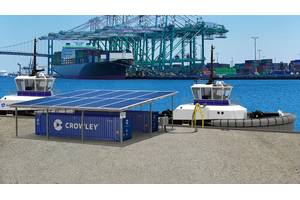
Workboat Power: Alternatives Join Diesel to Power Current—and Future—Vessels
Analysts and commentators are quick to point out that fossil fuels will power maritime equipment, and indeed dominate the fueling marketplace, well into the future. However, they will do so alongside new fuels, and new technologies, that will be introduced to the maritime sector in the coming years. In its September, 2023 report “Beyond the Horizon: View of the Emerging Energy Value Chains”, the American Bureau of Shipping (ABS) explains that…
-
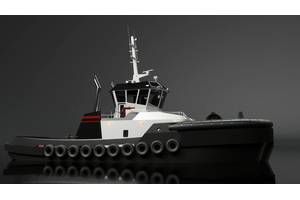
Future Fuels: Methanol
Any commentator on the maritime business decarbonization voyage will offer something along the lines of "There will be multiple fuels…" With the International Maritime Organization (IMO) meetings of its Maritime Environmental Protection Committee (MEPC) set for early July, it is likely that targets for emissions will be tightened. Whatever mileposts that the IMO actually establishes, there will be no prescriptions handed down on how to get there.
-
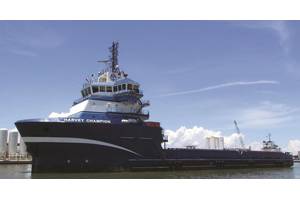
Powering the North American Maritime Fuel Transition
Offshore service vessels, along with workboats serving harbors and inland rivers, have embarked on an industry-wide voyage toward reduced emissions of greenhouse gasses. Professor Craig Philip, a faculty member with Vanderbilt University’s Center for Transportation and Operational Resilience (VECTOR) and former CEO of Ingram Barge Company, provides this context: “The Maritime Sector has long provided shippers with the most fuel-efficient and sustainable freight transport option…
-
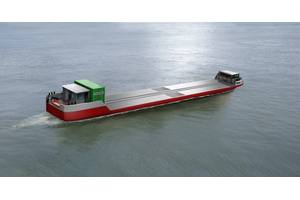
The Shipping Industry Embraces Battery Power
The past decade has seen tight restrictions on emissions from vessels, notably with a 2015 move to a .10% sulfur maximum in Emission Control Areas (ECA) in North America and in northern Europe. As the International Maritime Organization (IMO) now shapes shipping’s decarbonization future, shipowners are looking at transitions away from fossil fuels. Among the myriad of alternatives are lithium ion batteries and some early forays into hydrogen fuel cells.To date…
-
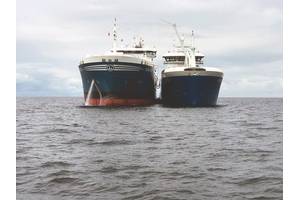
LNG is the Bridge to ‘Zero Emissions’ Shipping
The advent of industry wide tightening of allowable sulfur emissions is getting nearer. Suddenly, with the deadline now little more than one year away, the countdown clock will very soon be ticking much louder. Simply stated, the cap on allowable sulfur content in marine fuels, presently at 3.5 percent in many geographical regions, will be reduced to 0.5 percent in January 2020. The 0.1 percent sulfur cap…
-

Green Shipping: Cargo Carriers Clutch at Compliance
LNG looms as the bridge to a ‘zero emissions’ future for shipping. The advent of industry wide tightening of allowable sulfur emissions is getting nearer. Suddenly, with the deadline now just one year away, the countdown clock will very soon be ticking much louder. Simply stated, the cap on allowable sulfur content in marine fuels, presently at 3.5 percent in many geographical regions, will be reduced to 0.5 percent in January 2020.
-

LNG: Lagging, Not Gone
Low energy prices, depressed day rates and slow growth of bunkering infrastructure has dampened progress for the marine industry’s ‘white knight’ of environmentally friendly fuels. LNG, nevertheless, is here to stay. Liquified Natural Gas (LNG) is a clean fuel in abundant supply. The green advantages of LNG are well known: Class Society DNV-GL, a pioneer in the commercialization of LNG fueling for maritime applications…
-
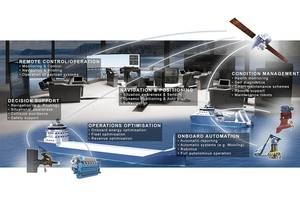
The Human Aspect of the Autonomous Ship
Arguably a long way off, the autonomous ship is likely coming. What that means for labor, the stakeholders that prepare mariners to go to sea and the firms that will operate these futuristic vessels is another thing altogether. According to Dr. Jeremy Rifkin, a Wharton professor who has advised the European Union on Sustainability, among other things, we are in the midst of a ‘Third Industrial Revolution.’…


